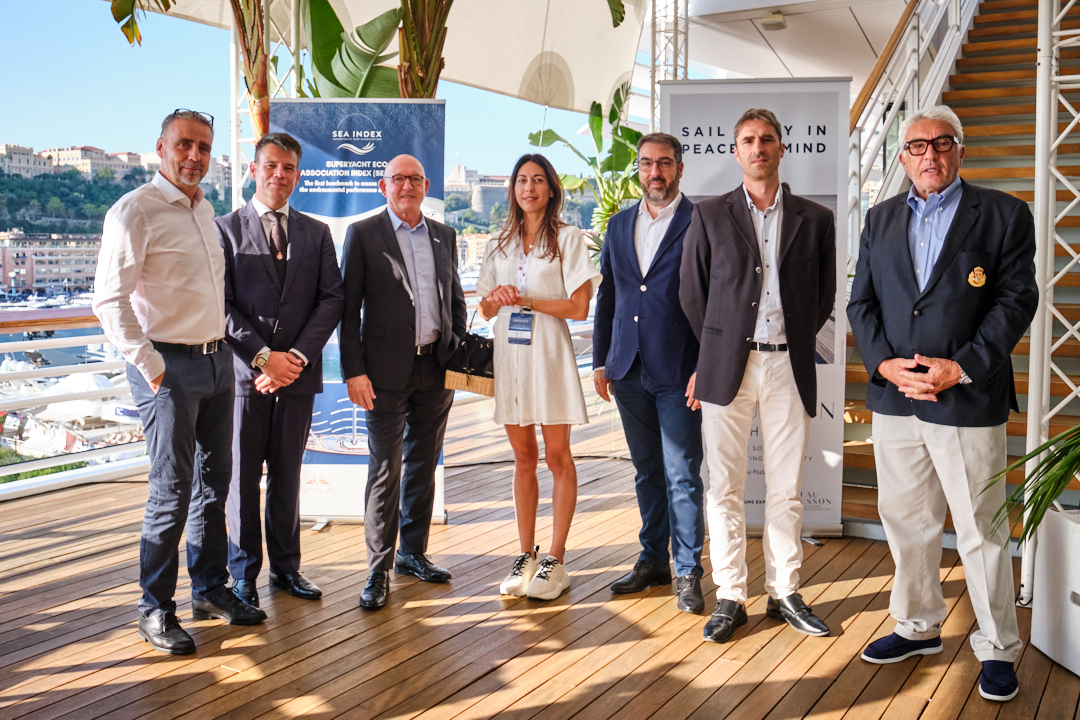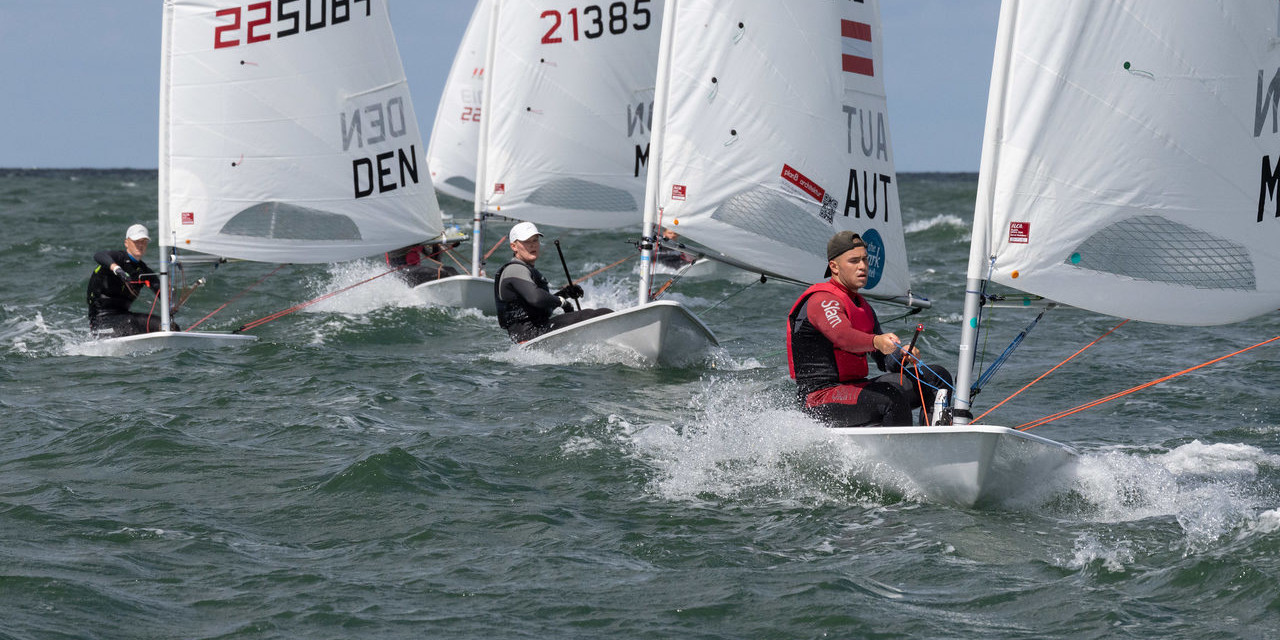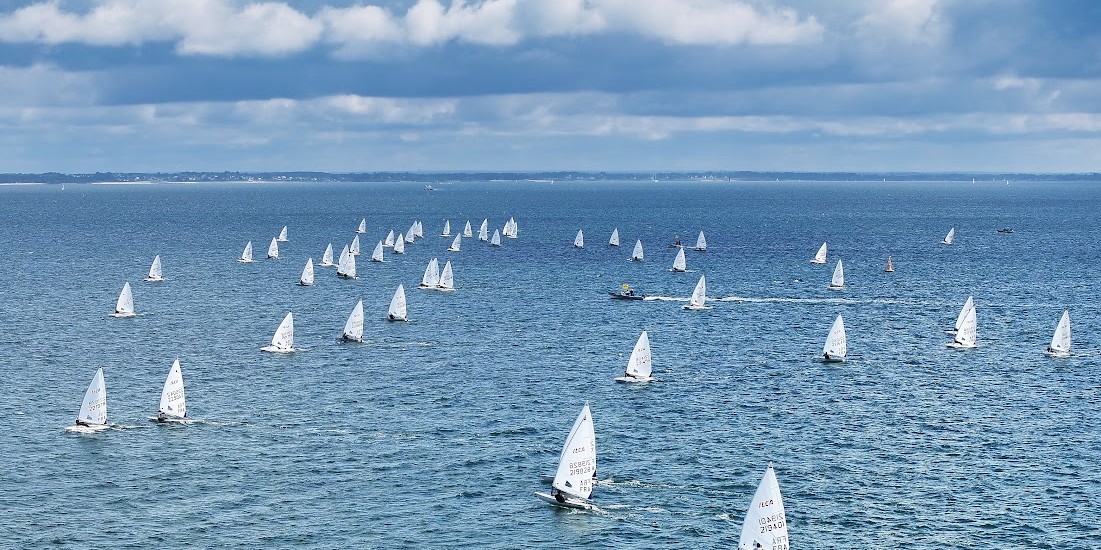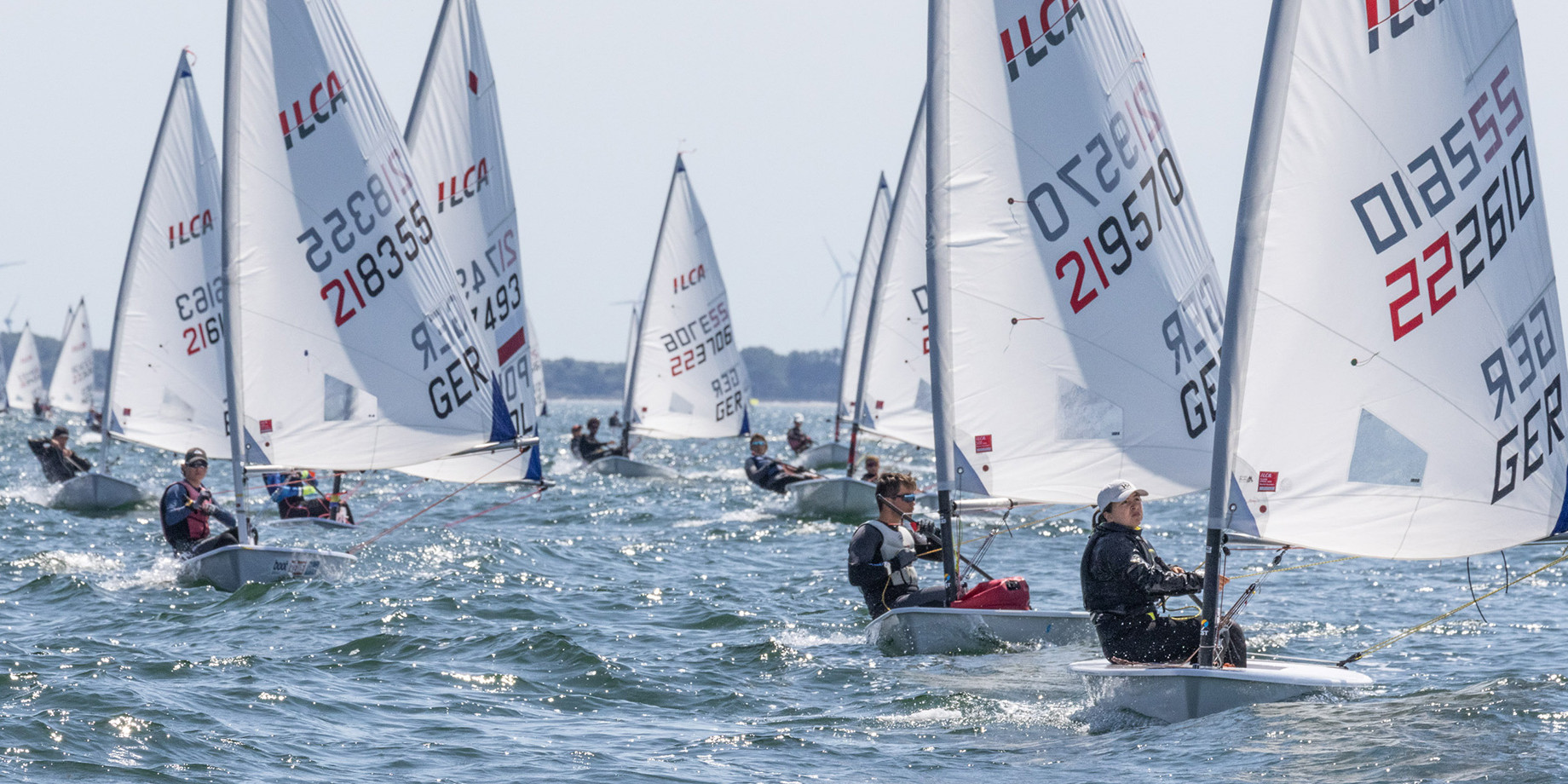Cybersecurity, new industry regulations and tools available now to assess the sector’s environmental credentials were some of the topics addressed at the YCM’s latest Captains’ Forum organised Thursday 23rd of September. The 25th edition was organised by Yacht Club de Monaco, under the aegis of its Captains’ Club which brings together captains of superyachts sailing under its flag. A packed agenda of presentations and discussions was organised in partnership with Jutheau Husson and chaired by Laurent Certaldi, Director at Catalano Shipping Services and Paul Flannery, Executive Director at International Yacht Brokers Association.
Aware of the dangers
A topic that increasingly raises its ugly head is cybersecurity which again was at the centre of discussions. Since 1st January 2021, this issue has been under the International Safety Management Code (ISM) which means that measures to combat cyber-risks must be incorporated into ship safety management systems. The IMO has published ‘Guidelines on maritime cyber risk management’, which provide high-level recommendations designed to protect shipping from current and emerging cyber threats. In order to anticipate the danger and guard against it, it is essential to understand, identify, analyse and assess them. Cybersecurity is now a priority that cannot be avoided: “Every day a new company sets up specialised in cybersecurity,” explains H.E. Brian Patrick Luining from FRSA, “It’s unbelievable. We are leaving digital prints everywhere, all the time. And these can be traced and exploited”.
The risk is growing faster than ever with cyber-attacks up by over 700%, and computer malware generating an industry worth 20 billion US dollars a year. The FBI estimates that ransom payments are now around 1 billion US dollars. “They do a recce before carrying out an attack. They are looking for a specific element and adapting the attack to your profile,” continues H.E. Brian Patrick Luining. Their exploits and other attack tools are often shared or sold in hacking forums and private groups on the Dark Web. He also reminded the audience that the presence of attackers (the time during which an intruder remains undetected in a network) is increasing and that 72% of violations are motivated by financial reasons and 26% by espionage.
There are several solutions for users to counter malicious attacks: employ user names, put in place authentication methods to check user name identity, establish authorisation rules to restrict access to resources at all levels, perform updates daily, including firmware, and set up an incident response plan to serve as a model for measures to take in the event of a security breach, to name a few. Yacht Club de Monaco’s training centre offers a cybersecurity module, run by Alexandre Bayeux, engineer and partner at Xperys.
Yachting faces new challenges and compliance with constantly changing regulations. With this in mind, Julien Guesdon from Perfect Moorings France reviewed new mooring regulations introduced in 2021 for French territorial waters. After discussing the regulatory framework, he moved on to the issue of solutions and new technology including among others “ecological mooring solutions for the pleasure boat sector to help anticipate and meet the demands for eco-friendly moorings”. It is now possible to “conceive, design, produce, install and coordinate ecological mooring services and solutions,” he says, as evidenced by the three buoys installed for megayachts (70+m) in the Gulf of Saint-Tropez, or the 120 eco-mooring lines installed in 2019 at Rayol-Canadel-Sur Mer in the Var. “The idea is to achieve objectives to protect the environment and comply with the legal framework.”

Monaco capital of sustainable yachting
A question was how the Superyacht Eco Association was evolving, and what technologies and practices are available to help reduce CO2 emissions. Answers came from Michel Buffat, Head of Aviation and Yacht Finance at Credit Suisse, and Engel de Boer, Yacht Segment Management at Lloyd’s Register, who seized the opportunity of the Monaco Yacht Show to present Phase II of the SEA Index. As a reminder, the SEA Index assesses the carbon intensity of motor yachts over 40m – based on their design. The scope of the original Sea Index has been considerably extended as it now considers the typical operating profile of a yacht (time cruising and time in berth or at anchor), the average speed and a possibility to rate hybrid and battery-based propulsion systems.
Along with these new tools and technologies, it is essential to raise awareness of the need to protect the environment on a general level, which can only be done through education, be it of crews, professionals or owners. A premise that Formula 1 World Champion, Nico Rosberg, upholds as an owner committed to sustainable development and mobility who attended the event.
It was in this spirit of initiative that the 25th Captains’ Forum concluded with a talk by Claire Ferrandier, in charge of the new environmental training course for crews at the La Belle Classe Academy. Entitled ETYC, these courses are an opportunity for participants to manage the environmental performance of the services aboard yachts by adopting best eco-practices.
A training centre at the cutting edge of what’s required
Yacht Club de Monaco’s training centre La Belle Classe Academy continues to ramp up its programme of bespoke courses for those involved in yachting. From the art of fine dining at sea to basic safety training and navigation techniques, La Belle Classe Academy offers a comprehensive programme all year round to support yacht professionals by helping them improve their skills.
Upcoming courses (dates and info on all courses are on the website: www.labelleclasseacademy.com):
- ETYC – To reconcile the high quality service requirements of luxury yachting and responsible navigation in terms of the environment.
- Polar Code – Basic safety course and certificate for officers operating in the Arctic / Antarctic regions.
- Wine & Spirit Education Trust – Through presentations on the most beautiful wine regions, this course is a chance to discover fine wines from all over the world, with tastings of 42 to 84 different wines depending on the level chosen.
- Cybersecurity – Intended for crew members and owners, this new module at the YCM’s training centre is run by Alexandre Bayeux, engineer and partner at Xperys.
- Ship’s Cook – A two-day course to obtain the Ship’s Cook certificate, made compulsory by the Maritime Labour Convention (CTM 2006) for chefs on charter yachts with a crew of 10 or more.
- Marine Knots & Splices – Open to everyone, not just sailors but also the general public, these sessions are run by Patrick Moreau, the ‘Rope Doctor’. The aim is to learn about ropework in all its forms: traditional or modern, decorative or fancy (rings, bracelets, etc.), mooring knots, splices and their usage.
- Pleasure boat licences – This module prepares candidates to take their pleasure boat licences, coastal through to offshore, with intensive individual or group courses.
- Yachting Masterclass – For anyone who wants to fully understand the yachting industry. The goal is to make the yachting industry more professional and provide tools and resources for learning about it.
- Monaco Weather Lab– A course for crews run by marine science and meteorology experts. The two modules complement each other and focus on understanding marine weather, weather routing and forecasts on board.
- Leadership– Leadership is a much sought-after quality for those in positions of responsibility. Whether you are a team manager or want to be one, you need to work on leadership skills to lead your team to success. Understanding their talents and value within your team. An effective leader must not only share their vision for the future, but instil confidence in their colleagues to better prepare for the challenges of the future.
Dernières publications
15 July 2024
Celebration of youth
Celebration of youth Youth Sailing World Championships – Riva del Garda 15-19 July 2024 The…
14 July 2024
Monegasques out in force
Monegasques out in force French Open - Quiberon 11-14 July Laser sailors from Yacht Club de…
14 July 2024
Consistency on every start
Consistency on every start ILCA 7 - EurILCA Europa Cup GER – Warnemünde 6-14 July Consistency was…



